Glossary of Green Wine Terms
It is no secret that in recent years, wine consumers' level of education and understanding of complex production methods, terroir, and varietal knowledge is steadily increasing. Questions about tasting notes and food pairings are less likely to be heard and inquiries relative to farming, harvesting, and production are taking precedence over the more casual winespeak.
Here is a glossary of terms you may be asked about by your customers:
Vegan:
While there is no regulatory designation for vegan wines in the United States and it often seems like a head scratching question, “Aren’t grapes inherently vegan?” Many wines are fined and filtered using egg, dairy, or fish byproducts, thus deeming them non-vegan. Vegan wines are unfiltered, unfined, or go through those processes using vegetable byproducts. Along with those attributes, many staunch vegans steer clear of beeswax sealed bottles, opting for a bottle free from any type of animal byproduct.
Organic:
Because the USDA is the authority on certifying vineyards and wineries organic, their definition is easily understood. To be certified organic; the growing of the grapes (e.g. grown without synthetic pesticides or fertilizers) and their conversion to wine must be certified. All yeast used in the wine must be certified organic and, “Any non-agricultural ingredients must be specifically allowed on the National List of Allowed and Prohibited Substances (see Allowed and Prohibited Substances) and can’t exceed 5% of the total product.” No sulfur can be added to organic wines. Wines can be sold as “made with organic grapes,” meaning the fruit itself is certified organic, but not the winemaking process.
Biodynamic:
Biodynamic wine takes a more spiritual and cosmic approach to winemaking adhering to the philosophy that everything in the world is interconnected and the vineyard should be farmed as a single being with a closed system independent of imported materials. Demeter is the certifying body in biodynamic farming. Biodynamic farming follows the lunar calendar which dictates when to perform certain farming practices. No manufactured additives can be added to these wines, soils, etc.
Sustainable:
Addresses the 3 P’s – People, Planet, Prosperity – ensuring that both natural and human resources are protected. Holistic practices address habitat, water, energy, soil, recycling, air quality, packaging, pest management, social equity, and business management. Sustainability certification is determined by third party organizations (e.g. SIP Certified) and certified vineyards and wineries must adhere to a rigorous set of standards that are verified by a third-party inspector.
Regenerative Agriculture:
This type of farming and grazing practice aims to reverse climate change by rebuilding soil organic matter and restoring degraded soil biodiversity – resulting in both carbon drawdown and improving the water cycle. SIP Certified incorporates this methodology in the program with conservation tillage, cover crops and composting.
Natural Wine:
There is no finite definition for Natural Wine, nor is there a regulatory body or third party certification organization. Natural Wine is by and large made by small producers, sources grapes from biodynamic, organic, or sustainable vineyards, fermented with native yeasts (none added), and little or no sulfites are added. The term “minimal intervention” is often used in conjunction with Natural Wines.

